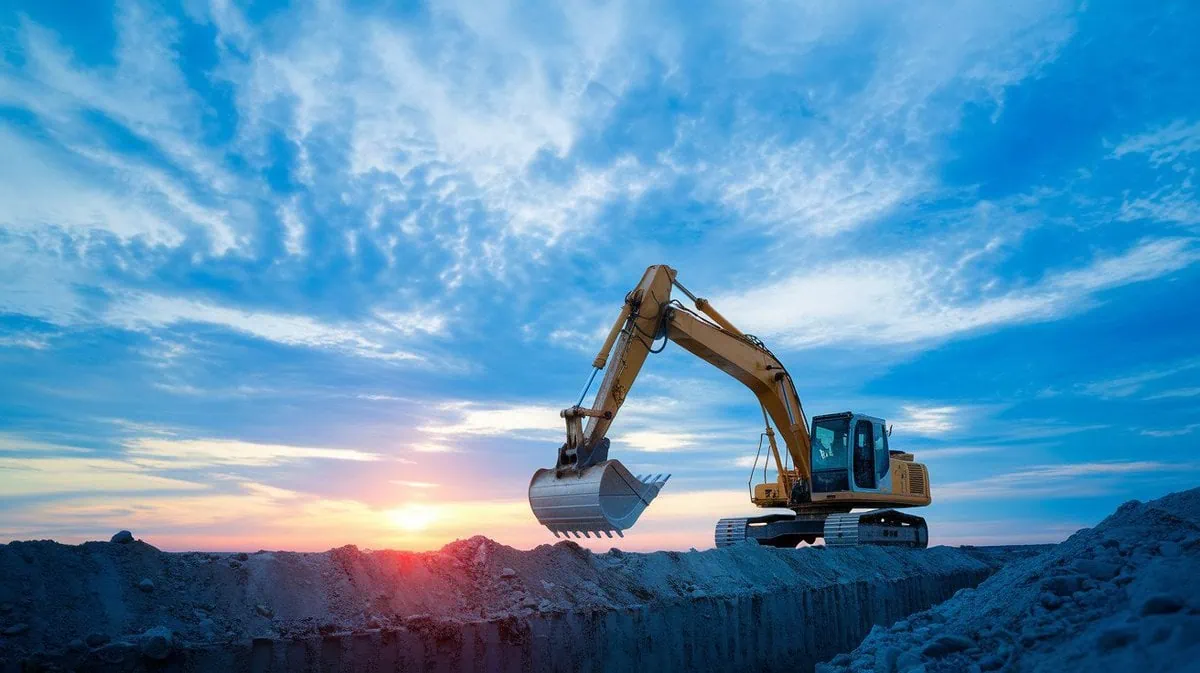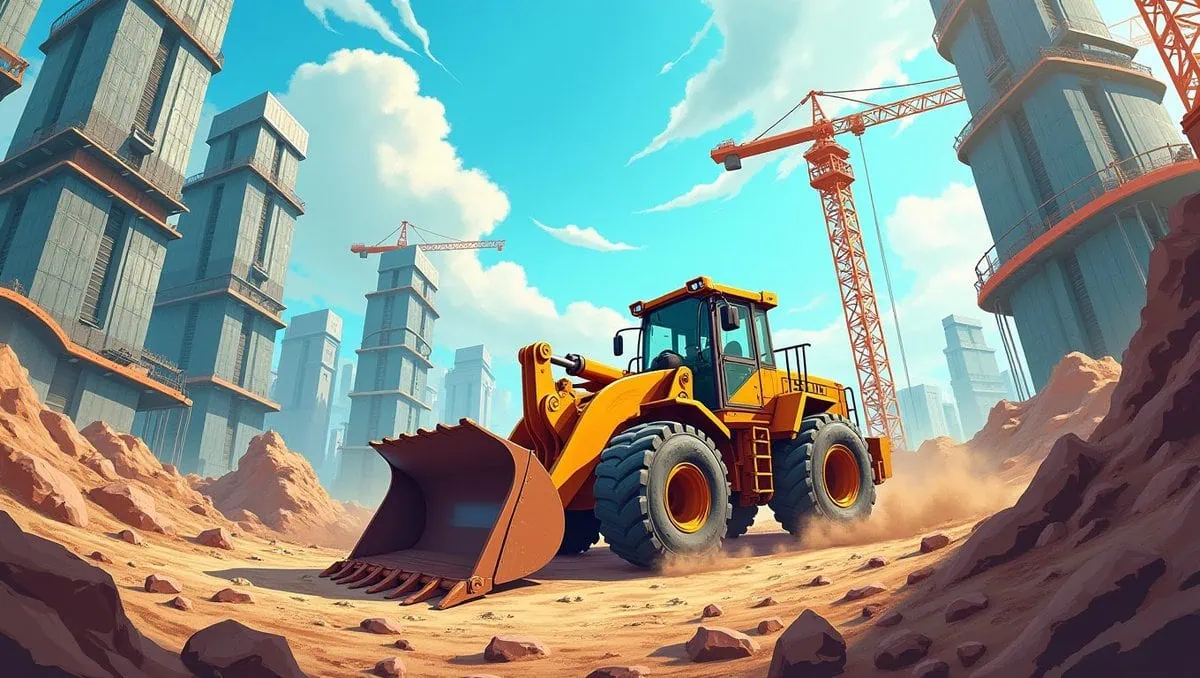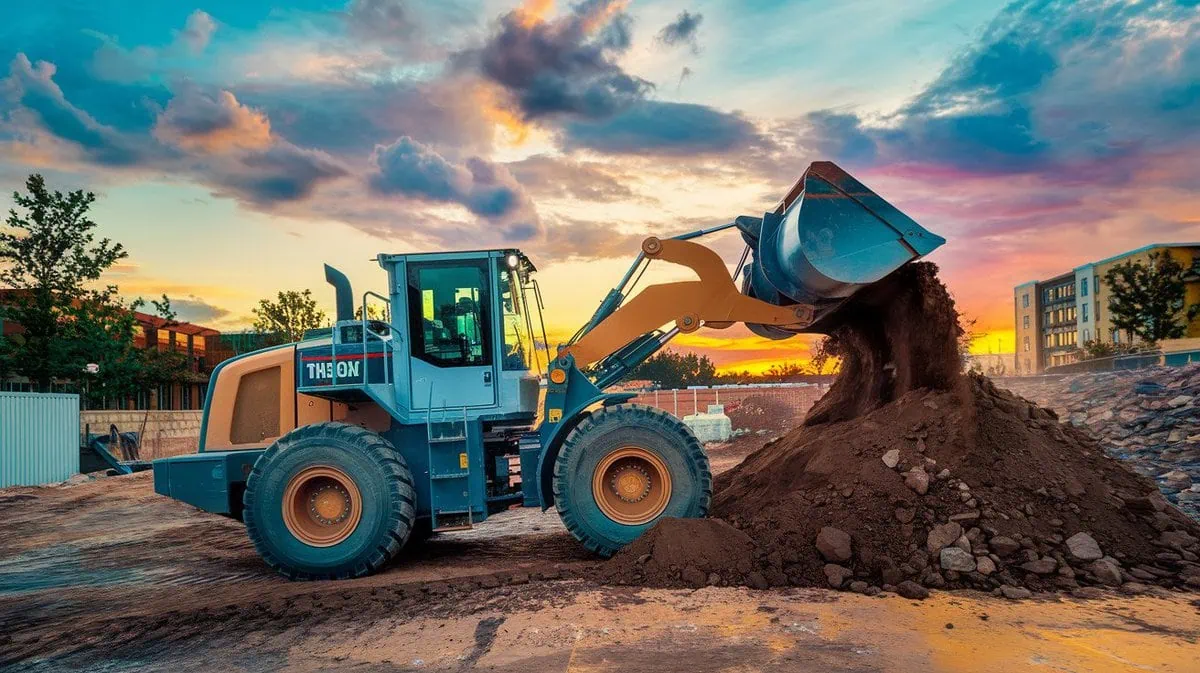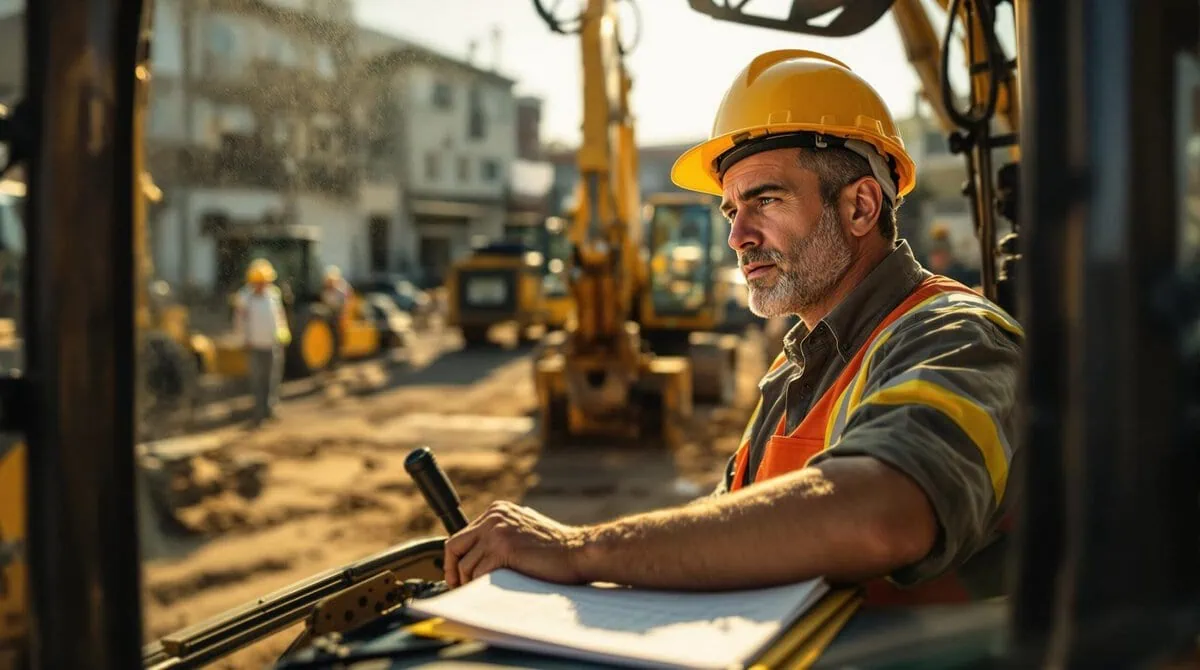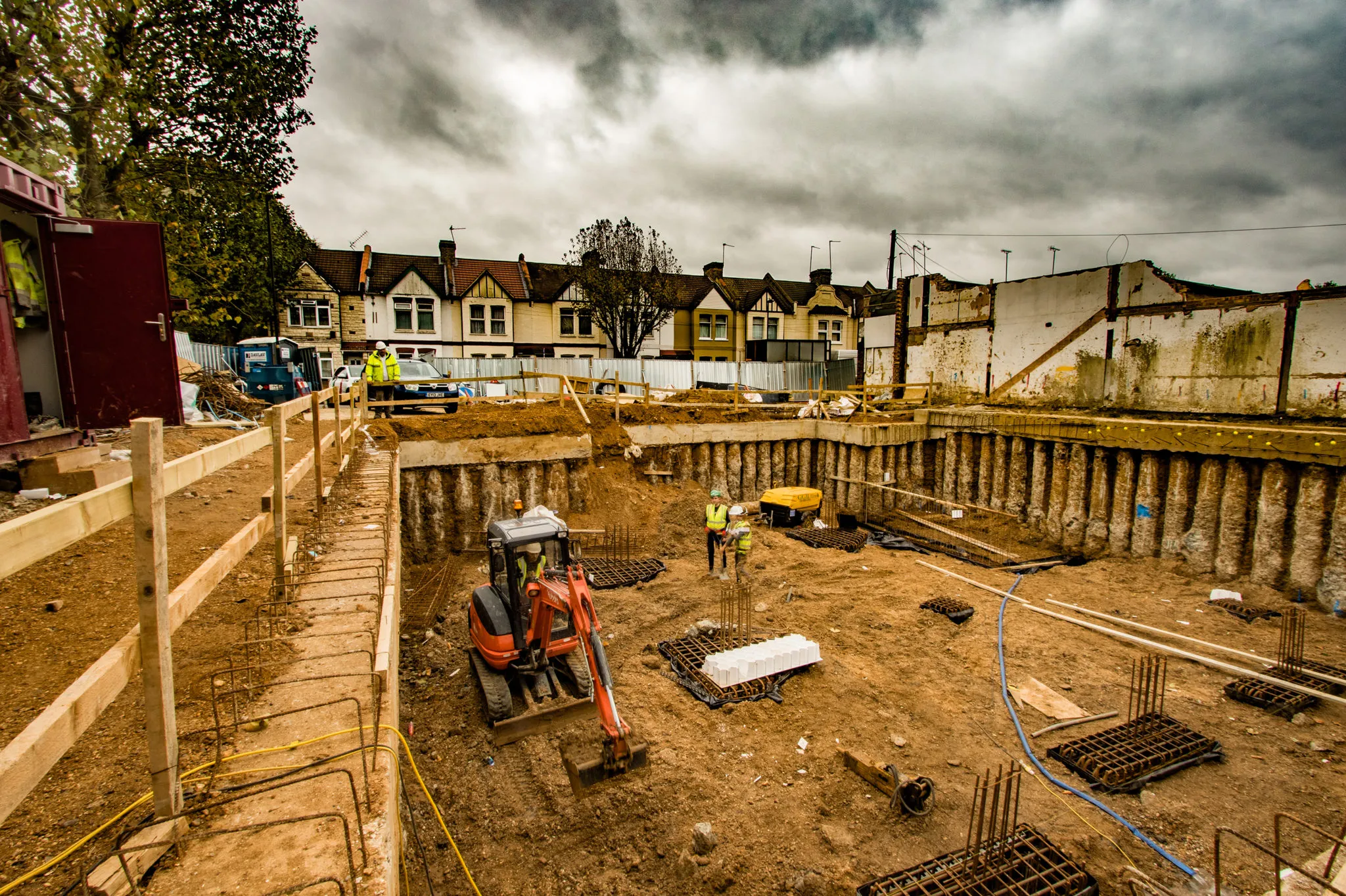How to choose used Kubota excavators, you want to ensure that you’re getting a reliable machine that suits your needs. To help you navigate this process, here are the key steps you should follow to make an informed decision and avoid potential pitfalls.

Assess Your Project Needs-how to choose Used Kubota Excavators
Before starting your search for a used Kubota excavator, consider your specific project requirements. Will you need the excavator for smaller tasks like landscaping or for heavy-duty construction work? Kubota offers a range of models, from compact mini-excavators to larger machines built for tough jobs. By identifying your needs early, you’ll be able to focus on models that are the right size and capacity for your tasks.
Examine the Physical Condition
When you inspect a used excavator, carefully assess its physical condition. Look for any signs of rust, cracks, or damage to the frame, boom, or undercarriage. You’ll also want to check the hydraulic system for leaks or wear on the hoses and joints. Any major issues in these areas could signal poor maintenance or hard use. Additionally, be on the lookout for dents or welding marks, as these may indicate past repairs that could impact performance.

Check the Hour Meter
One of the first things you should check is the hour meter. This will give you a good sense of how much the machine has been used. Generally, a Kubota excavator with fewer than 5,000-8,000 hours is considered to be in decent condition if it has been properly serviced. If the hour meter appears to be broken or tampered with, proceed with caution, as it may suggest that the machine has seen more use than advertised.
Review the Maintenance Records
Ask the seller for the excavator’s maintenance records. These documents are critical in helping you understand how well the machine has been maintained over time. Regular servicing, oil changes, and hydraulic checks are signs of a well-cared-for excavator. If these records are incomplete or missing, this could be a red flag, indicating that the machine may not have been properly maintained.

Test the Engine and Hydraulics
You’ll want to start the machine and listen carefully to the engine. Any unusual noises like knocking or rattling could indicate engine trouble. Check for excessive smoke from the exhaust, which can also signal engine issues. Additionally, test the hydraulics—ensure the boom, arm, and bucket move smoothly, without jerky motions or leaks. Smooth operation and clean hydraulic fluid are good indicators that the excavator is in good working order.
Evaluate the Controls and Attachments
Test the machine’s controls to ensure that they respond smoothly and accurately. Move the arm, boom, and bucket through a full range of motion, and if the machine comes with any additional attachments, make sure to inspect those as well. Attachments like augers, breakers, or grapples should work properly, and if they show signs of excessive wear or malfunction, it could mean extra costs down the line.

Inspect the Tracks and Undercarriage
The tracks and undercarriage are critical to the stability and performance of an excavator. Check the tracks for cracks, worn sections, or loose bolts, as these can be expensive to replace. Inspect the undercarriage, looking at components like the rollers, idlers, and sprockets for signs of wear. If the undercarriage is in poor condition, this could point to hard use, which might affect the machine’s longevity.
Research the Model
Different Kubota models offer varying levels of performance and reliability, so it’s important to do your research. Check online reviews and speak to experts in the field to get an understanding of how the specific model you’re considering holds up over time. Some models may be better suited to certain types of projects, while others could have common issues that you’ll want to avoid.

Buy from a Trusted Seller
Whenever possible, purchase your used Kubota excavator from a reputable dealer or a trusted private seller. A reliable seller should provide you with a full history of the machine, including service records and any previous repairs. Be wary of sellers who are vague about the machine’s history or unwilling to provide documentation. Buying from a trusted source helps reduce the risk of purchasing a machine with hidden issues.
Negotiate Based on Condition
Once you’ve inspected the machine and reviewed its history, you can negotiate the price based on its condition. Compare the asking price with similar models, but remember that the cheapest option isn’t always the best. A slightly higher price for a well-maintained machine can save you costly repairs down the road. Be prepared to walk away if the condition of the machine doesn’t meet your standards.

Conclusion
Choosing a used Kubota excavator requires careful inspection and thoughtful research. By evaluating the machine’s physical condition, reviewing maintenance records, and understanding your project requirements, you can ensure that you’re making a smart investment. Don’t rush the process—take the time to find a quality machine that will serve you well in the long term.

